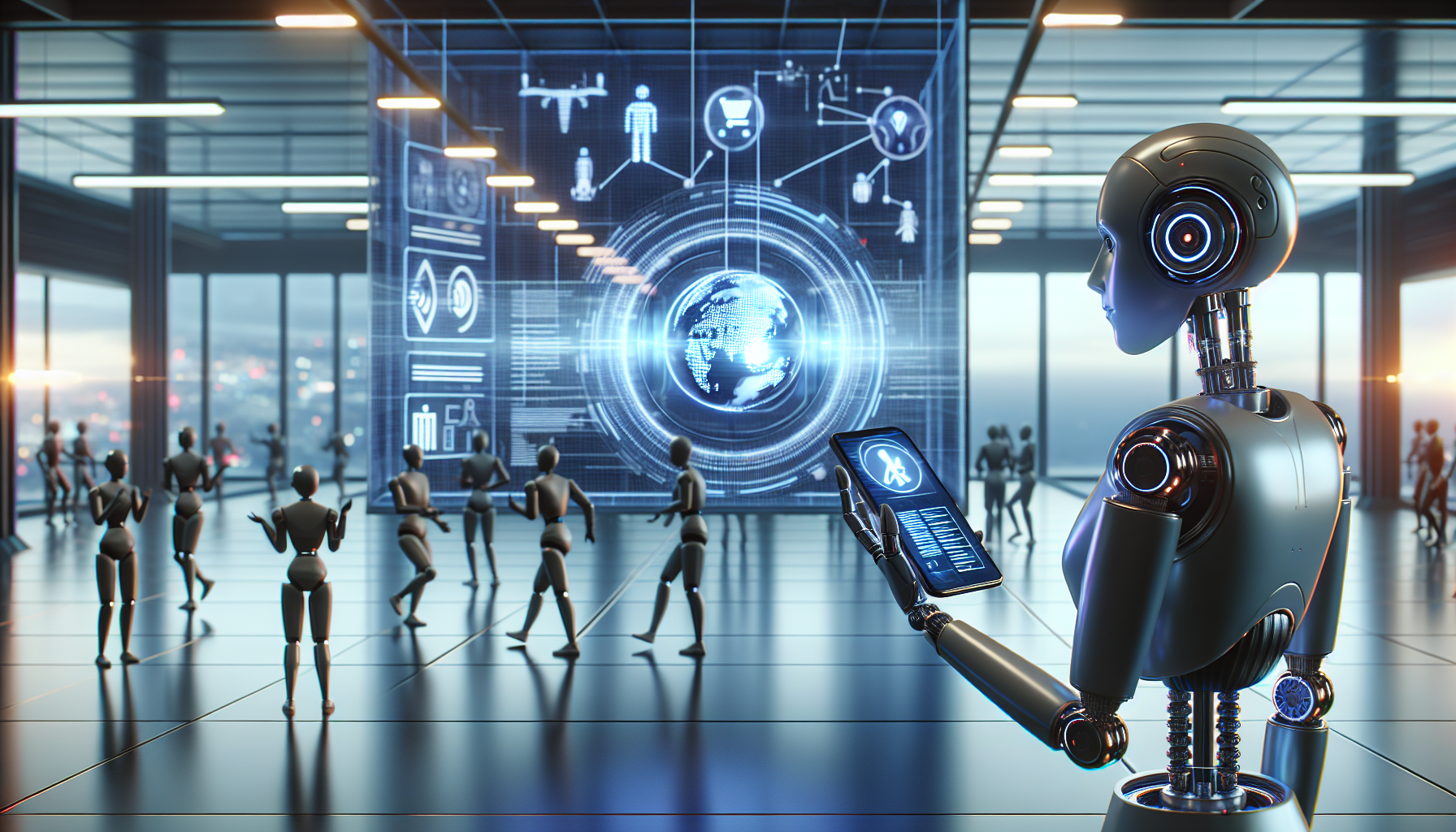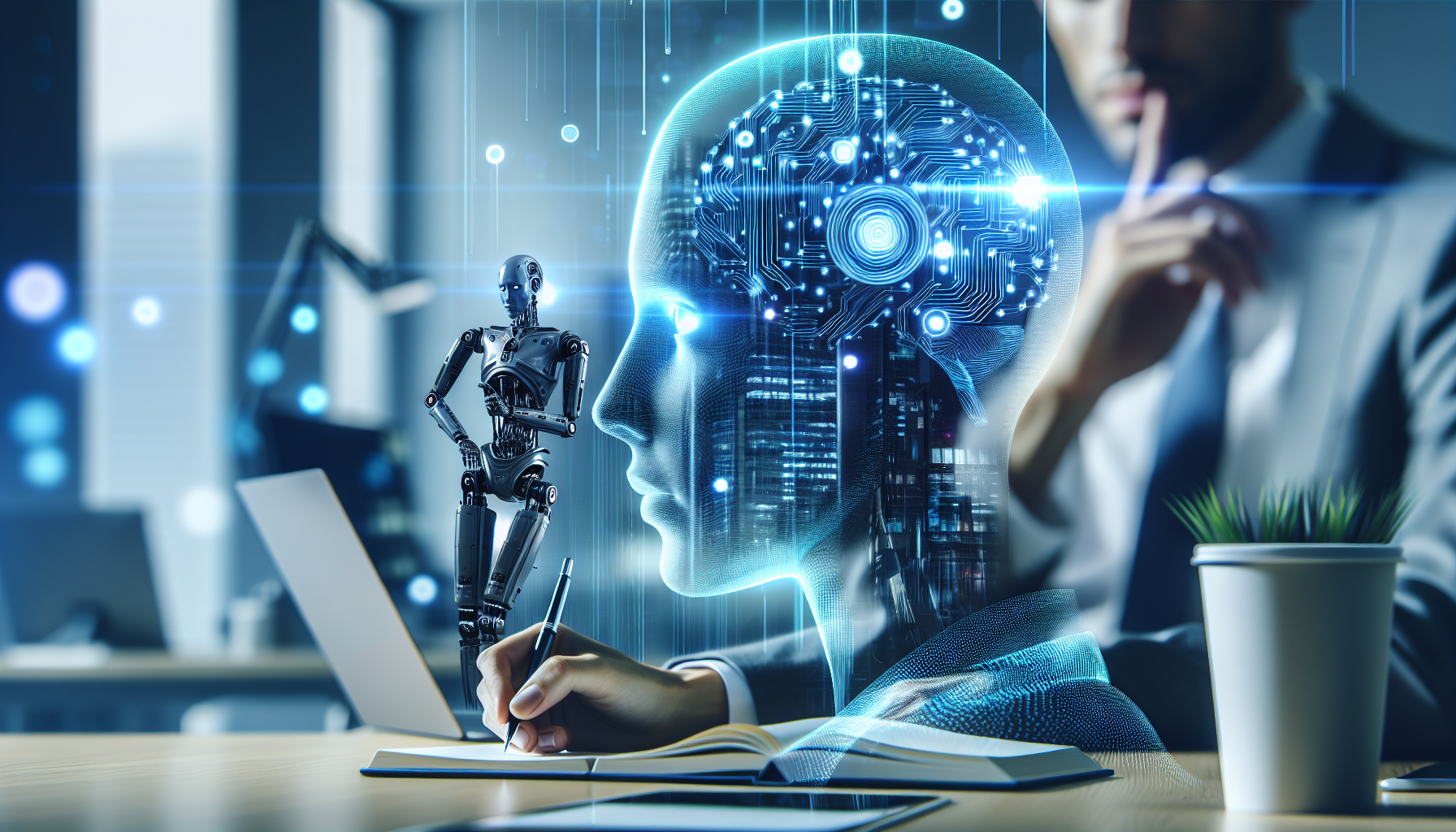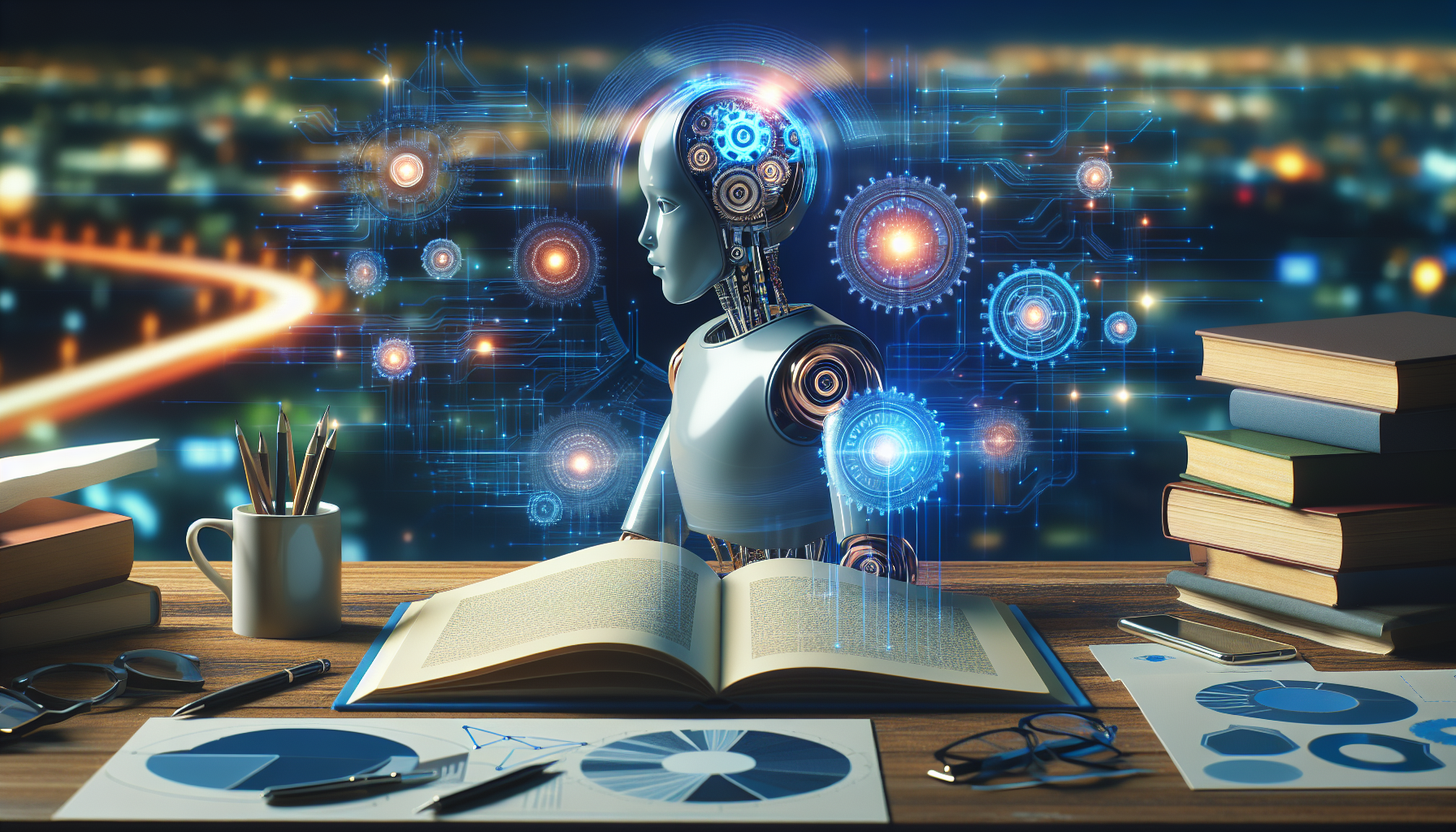
Debunking Myths: The Technical Realities of AI in Smart City Development
August 23, 2025
Artificial Intelligence (AI) is often heralded as the linchpin in the evolution of smart cities, a concept that conjures images of futuristic urban landscapes where technology seamlessly integrates into daily life. However, amidst the excitement and speculation, several misconceptions persist regarding AI's role in developing these technologically advanced metropolises. By examining the technical capabilities and limitations of AI, we can separate fact from fiction and better understand how AI truly contributes to smart city infrastructures.
One prevalent myth is that AI will autonomously transform urban environments into smart cities overnight. This notion oversimplifies the complexity of AI integration. Contrary to such beliefs, the deployment of AI in urban settings involves intricate planning, substantial investment, and collaboration across various sectors. AI systems require data inputs from numerous sources, including sensors, cameras, and citizen-generated data, to function effectively. These inputs must be meticulously curated and managed to ensure accuracy and relevance.
Moreover, the myth that AI can replace human decision-making in city management ignores the nuanced understanding required in policy decisions. While AI excels at processing large datasets and identifying patterns, its outputs are only as good as the data and algorithms it relies on. Human oversight remains crucial to navigate ethical considerations, contextual understanding, and the socio-political intricacies inherent in urban planning.
Another misconception is that AI-driven smart cities will inevitably lead to job loss due to automation. While AI can indeed automate routine tasks, it simultaneously creates opportunities for new roles focused on the development, maintenance, and oversight of these systems. Jobs related to data analysis, AI ethics, and urban tech management are burgeoning fields that require skilled professionals. Thus, rather than obsolescence, AI in smart cities is nurturing a shift in the job market, necessitating a workforce adept at integrating technology with urban living.
The belief that AI can guarantee complete privacy in smart cities is another myth that demands scrutiny. The deployment of AI in cities involves extensive data collection, which raises legitimate concerns about privacy and data security. AI systems are designed to enhance efficiency and user experience, often relying on personal data to tailor services. However, ensuring robust data protection measures and transparency in data usage policies is essential to maintaining public trust. The technical challenge lies in balancing the benefits of data-driven insights with the imperative of safeguarding individual privacy.
Additionally, the assumption that AI alone can solve all urban challenges is an overestimation of its capabilities. While AI can optimize traffic flow, enhance public safety, and improve energy efficiency, it is not a panacea. Urban issues such as socioeconomic disparity, housing shortages, and environmental sustainability require comprehensive strategies that integrate AI as one of many tools. The successful implementation of AI in smart cities depends heavily on interdisciplinary collaboration and holistic urban planning.
Furthermore, the idea that AI systems in smart cities operate flawlessly is another myth that overlooks the inherent limitations of technology. AI algorithms are not infallible; they can exhibit biases and errors stemming from flawed data or algorithmic design. These technical imperfections underscore the importance of continuous monitoring, testing, and refinement to mitigate unintended consequences. Urban planners and technologists must remain vigilant to ensure AI enhances, rather than hinders, urban life.
Lastly, the notion that AI adoption in smart cities is an optional luxury is misleading. As urban populations grow, the demand for sustainable and efficient city management becomes imperative. AI offers invaluable tools to address these demands by optimizing resource allocation, improving infrastructure resilience, and enhancing citizen engagement. The technical integration of AI is increasingly viewed as a necessity for cities aiming to thrive in the face of contemporary challenges.
In light of these realities, the role of AI in developing smart cities is both transformative and complex. It involves a nuanced interplay of technology, human expertise, and strategic planning. As we navigate this landscape, the question arises: how can we harness the full potential of AI to create urban environments that are not only smart but also equitable and inclusive? This inquiry invites ongoing exploration and innovation, ensuring that the integration of AI in smart cities is guided by both technological prowess and a commitment to societal well-being.


